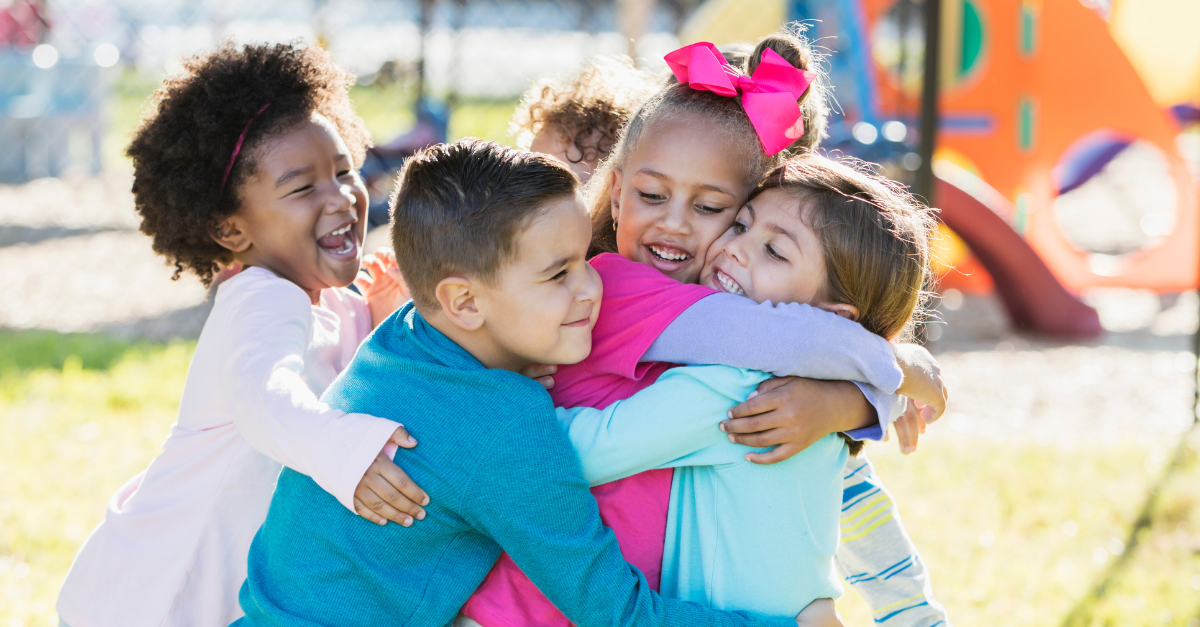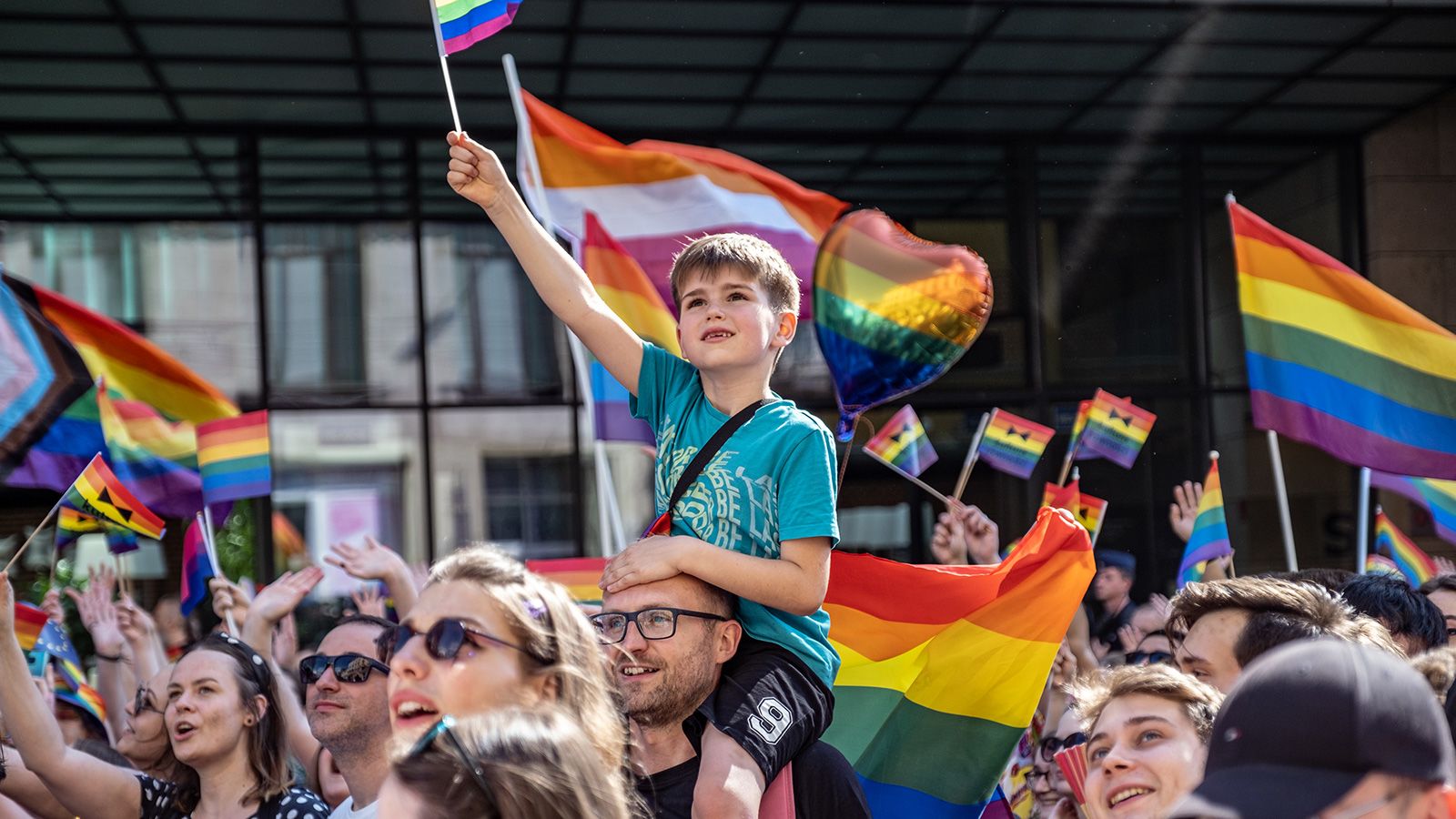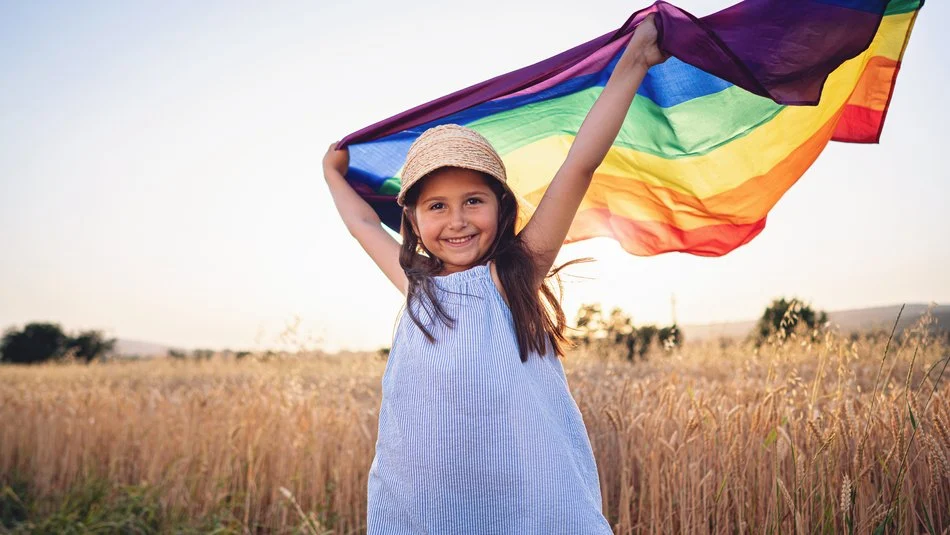10 Best Strategies to Boost Childhood Emotional Intelligence
To boost your child’s emotional intelligence, encourage open communication, teach problem-solving, foster emotional awareness, practice empathy, promote positive self-talk, support social skills, encourage mindfulness, model healthy expression, and provide a nurturing environment. Creating a safe space for sharing feelings, developing problem-solving skills, and practicing empathy are crucial. Cultivating self-awareness, positive affirmations, communication, and mindfulness activities also play essential roles….










